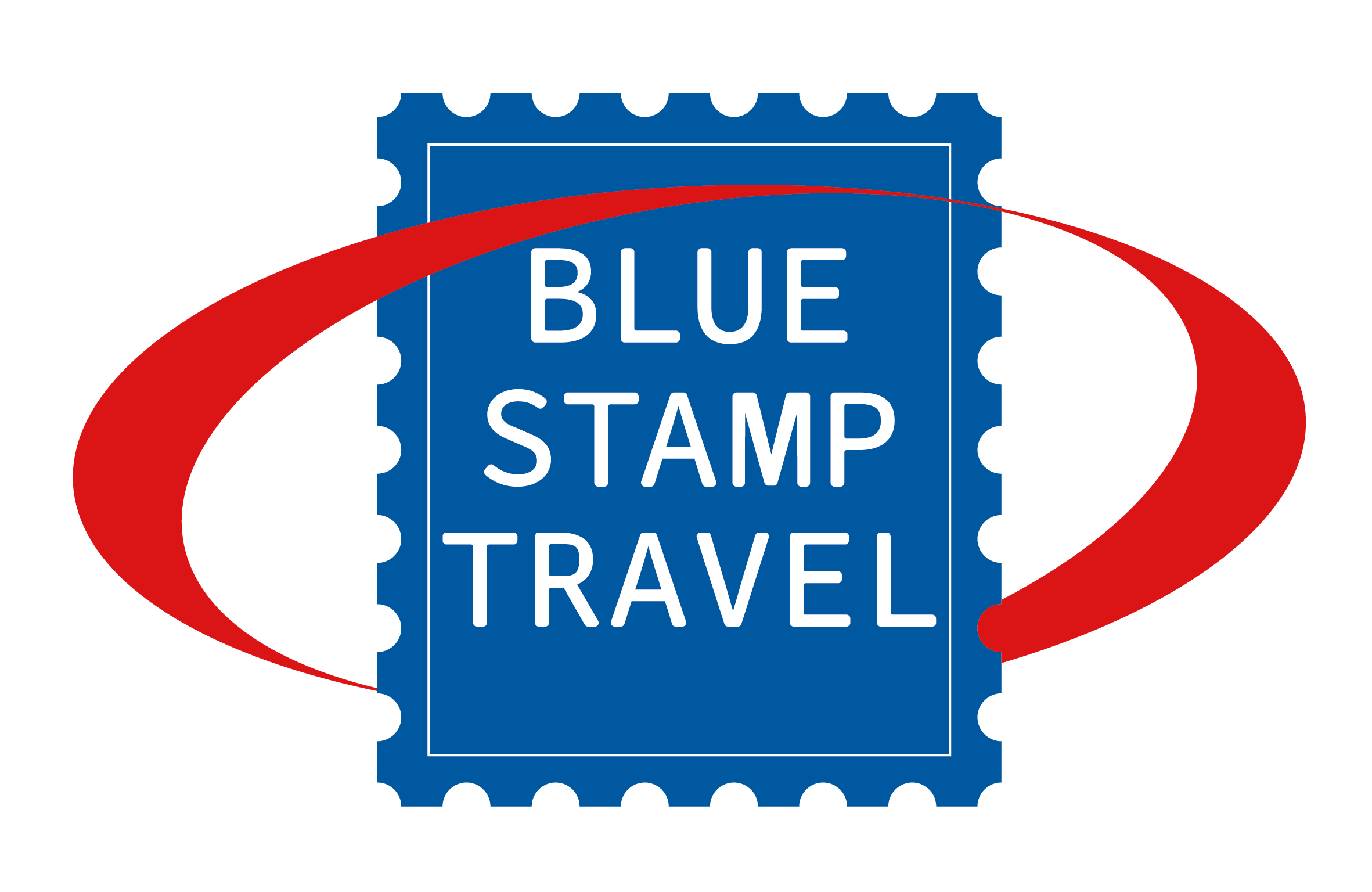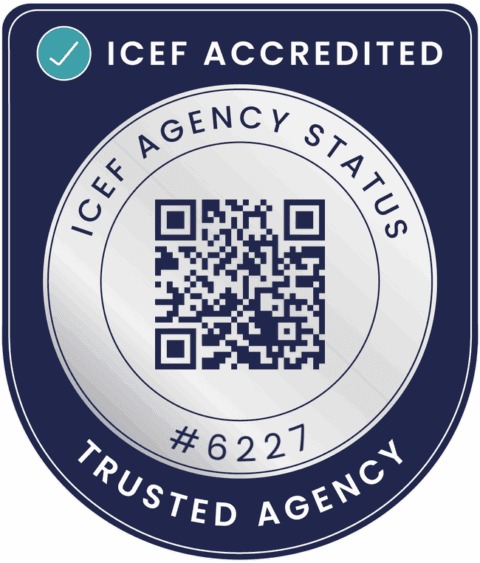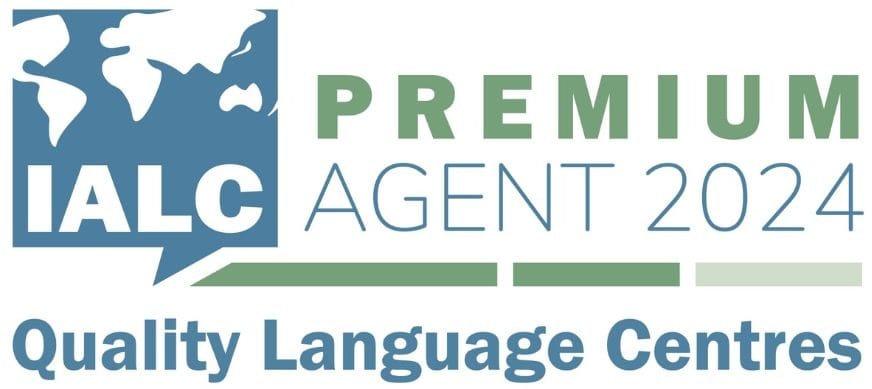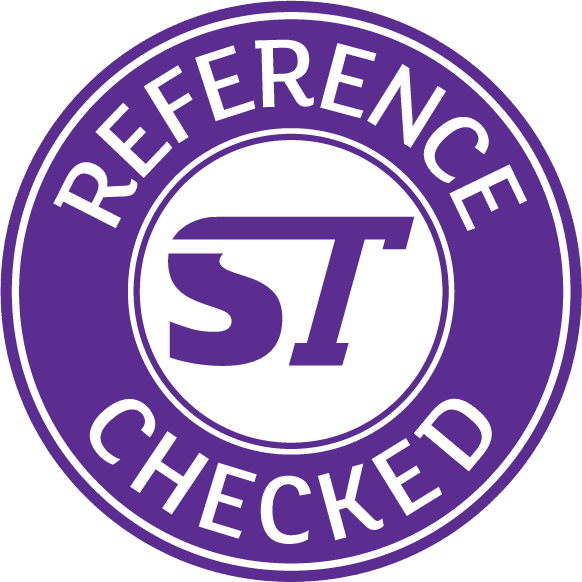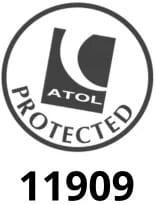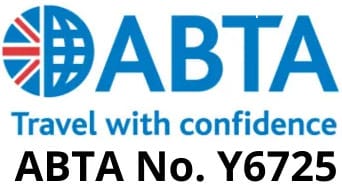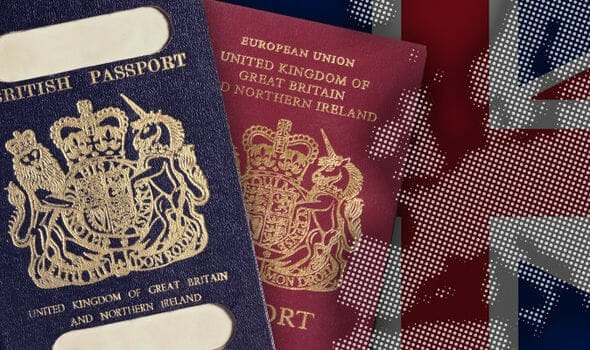
Passports
It is the traveller’s responsibility to have a current passport and take it with them when travelling.
The passport should be valid for 3 months after the planned end date of the trip.
Check the date that your passport expires and where necessary allow plenty of time for a replacement to be issued before your trip.
If you are travelling on a passport that has previously been renewed early it is possible that months were added. The date shown on your passport for renewal may not actually be accurate after Brexit in this instance. The UK Government created a passport checker on the .Gov website but when this confirmed some (children’s) passports as valid incorrectly, the tool was removed. The passport must be less than 10 years (5 years for children) from the date when it was issued to be valid.
Please allow sufficient time for replacement passports to arrive before travel.
For further information please visit the UK Government Passport Advice page.
Entry Requirements
For further information about entry requirements please refer the government advice for the respective country of travel and all countries that may be travelled through (For example, if travelling by coach to Germany you will travel through France. If travelling via Eurostar to Germany you will travel through Belgium).
![]() France Entry Requirements
France Entry Requirements ![]() Germany Entry Requirements
Germany Entry Requirements ![]() Spain Entry Requirements
Spain Entry Requirements
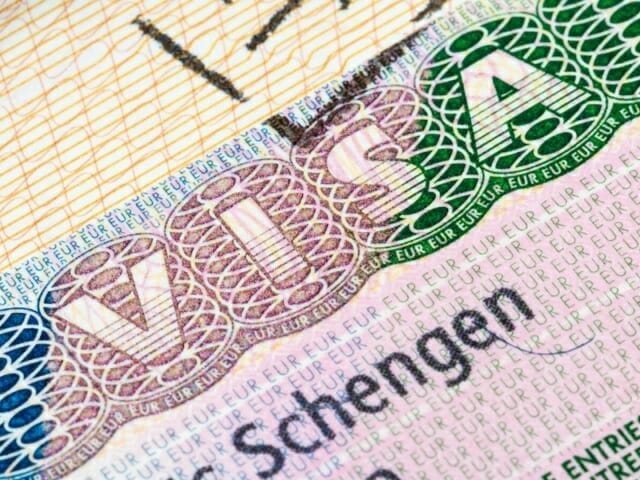
Visas
UK nationals do not require a visa in order to undertake work experience in Europe as long as the length of stay in Europe does not exceed 90 days in any 180 day period.
If you are considering a longer stay we recommend checking how long you have spent in the EU and working out how long you can stay using the Shengen Visa Calculator.
In many instances an internship agreement is required by employers but Blue Stamp Travel will provide this for all students who require it for their placement.
If you are an international student in the UK you may require a visa to travel to Europe. You should contact your own country’s embassy for confirmation of the requirements. You should not require a visa to undertake work experience of under 90 days in duration.
The IATA Travel Centre has a useful tool to check which countries require visas from different nationals.
For longer stay Internships and Au-Pair and Study packages, please consult with your trip coordinator who will be happy to advise further about the required Visa or refer to the embassy for the country to which you intend to travel:
![]() French Embassy – Visa guidance
French Embassy – Visa guidance
![]() German Embassy – Visa Guidance
German Embassy – Visa Guidance
![]() Spanish Consulate – Visa Guidance
Spanish Consulate – Visa Guidance
For individuals travelling as part of a school group who may require a visa to travel to France further guidance is available from the Gov.uk website as there is a special arrangement between the UK and France for school travel.
If you do require a visa we recommend that you pay particular attention to the requirements and keep a digital and paper copy on you. One common error is that where a school is required to sign and stamp the document, it must be both.
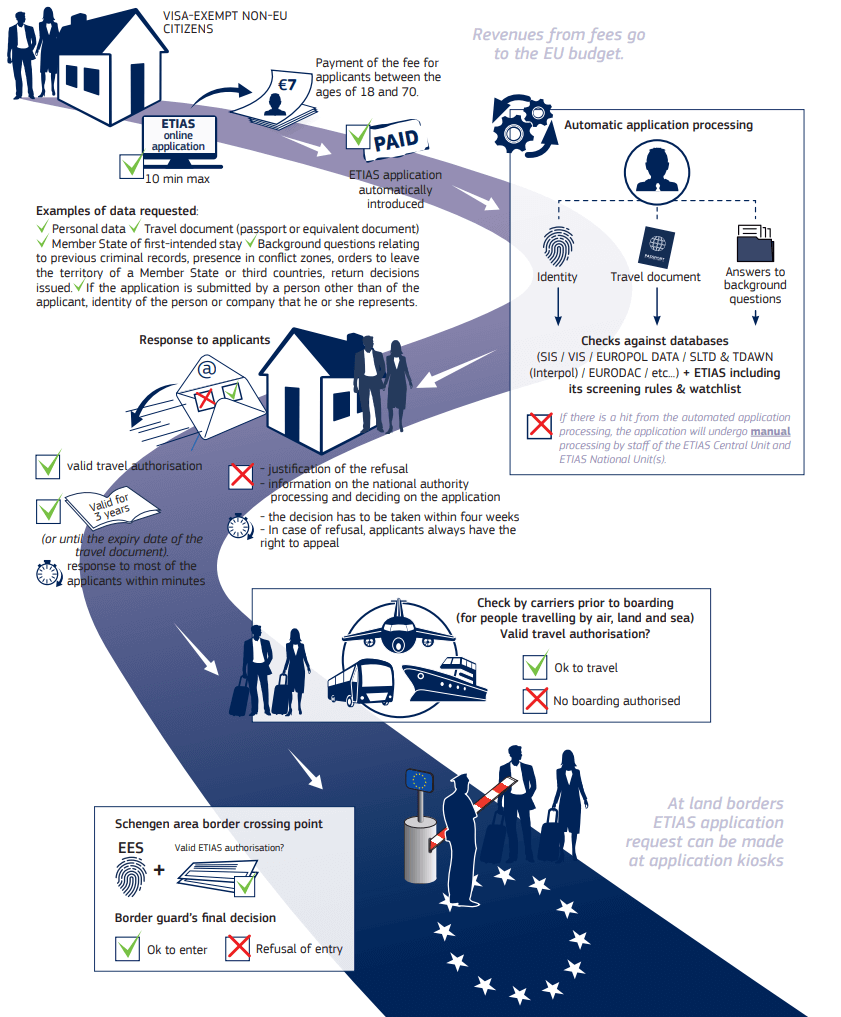
ETIAS
From 2024 Third Country Nationals (including UK nationals) will need an ETIAS card to enter the EU. This is not a visa. It is a security measure to ease movement of travel across borders.
- ETIAS will replace stamping of passports and speed up entry/exit of the EU.
- ETIAS will be used to track the 90 days allowed in the EU in any 180 day period.
- The cost of the ETIAS is €7 and must be paid by debit or credit card. It is free for under 18s but still needs to be applied for in the same way.
- The ETIAS card will expire after 3 years or until your identification (passport) expires whichever is first.
Please allow sufficient time for your application prior to travel as you will not be able to travel without it.
More information can be found on the official ETIAS website. Please be aware that there are many unofficial and fake sites trying to collect data and charge large fees for providing ETIAS for customers. Whilst there are approved intermediaries, please be cautious.
You can find more guidance on travelling to Europe from ABTA on their website.
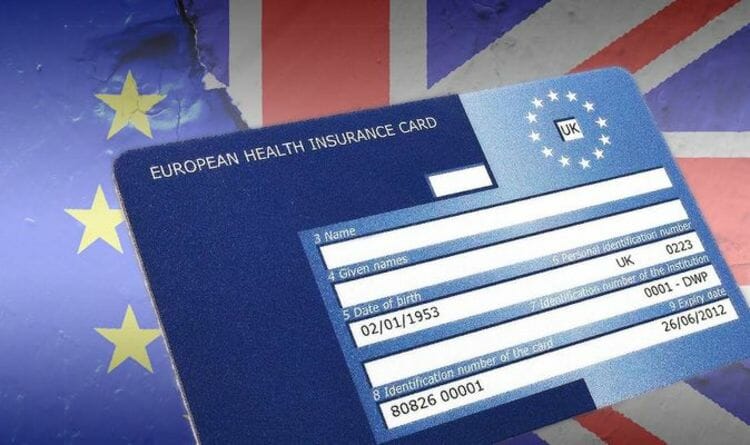
EHIC (European Health Insurance Card)
The EHIC agreement enables UK residents to receive treatment in the EU at the same cost as local residents. It does not mean that treatment is free but is is usually significantly cheaper with an EHIC. We strongly advise students to carry an EHIC in order to avoid any unnecessary and costly bills if they require medical treatment during their stay.
The EHIC is not a substitute for Insurance but can help to minimise costs of treatment where required. Some insurers will insist that an EHIC was provided for treatment before reimbursing any costs incurred less an excess.
If you have a current EHIC it will remain valid until its expiry despite the UK’s withdrawal from the EU.
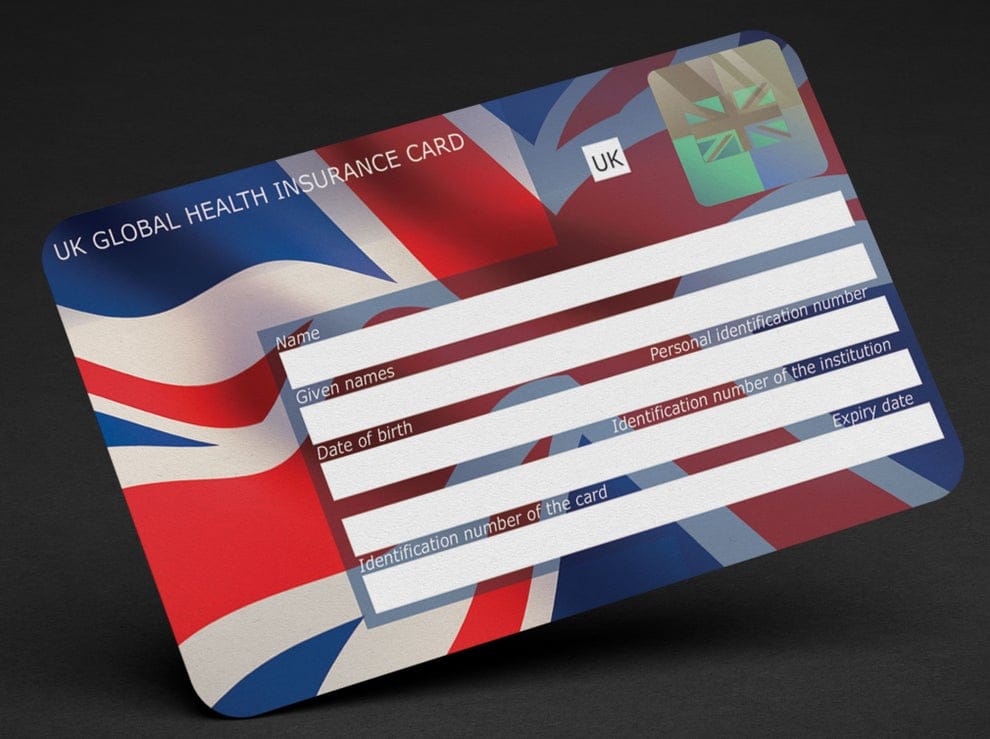
GHIC (Global Health Insurance Card)
The replacement for the EHIC after 01/01/2021 following Brexit is the GHIC. It operates in the same way as the EHIC reducing the cost of routine medical treatment to the same price that local residents would pay.
If you do not already have a GHIC please apply for one via the NHS website. Allow at least 10 days for the card to arrive. We recommend applying in good time to allow for any delays.
Please be aware of scam websites that charge for GHIC. You do not need to pay for a card.
Like the EHIC, the new GHIC will cover trips to the doctors or hospital for urgent treatment including for chronic or existing illnesses, enabling treatment to be at a reduced rate or free. This does not replace your travel health insurance, which is necessary for all other health-related costs, for example, medical repatriation, ongoing medical treatment and non-urgent treatment.
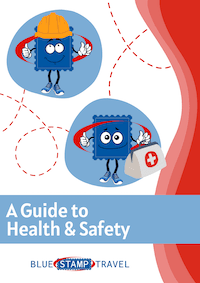
Health
Since Blue Stamp Travel provide travel predominantly to Europe, it is unlikely that you will need additional vaccinations or immunisations other than those that are considered necessary in the UK. However, you can seek further clarification from your GP, practice nurse, pharmacist or travel health clinic. Ideally, you should undertake this at least 8 weeks prior to departure.
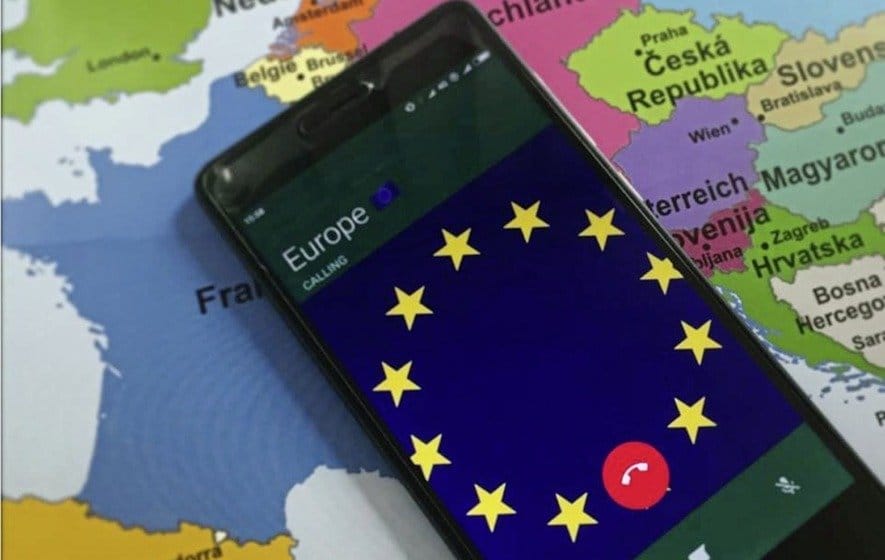
Mobile Phones
As members of the EU mobile roaming costs were eliminated meaning that UK travellers could use a mobile in the EU without increased costs for data and minutes – effectively using their phone contract as if it were in the UK. As the UK is no longer part of the EU since Brexit there is no longer the requirement on mobile network providers to offer roaming at no extra cost.
Unfortunately some UK mobile providers have increased the cost of roaming and travellers should be aware that the cost of using a mobile phone abroad can be substantially higher than in the UK. We recommend checking with your provider before you travel so that you do not get any nasty surprises. Furthermore, using Wifi rather than mobile data can keep the cost to a minimum. If you do use a lot of data or calls you may find that you get a warning message from your provider. Don’t ignore this as costs can escalate quickly!
It is essential that roaming is enabled while in the UK as it is often the case that this cannot be enabled from abroad. This may need activating with the provider as well as on the handset itself.
